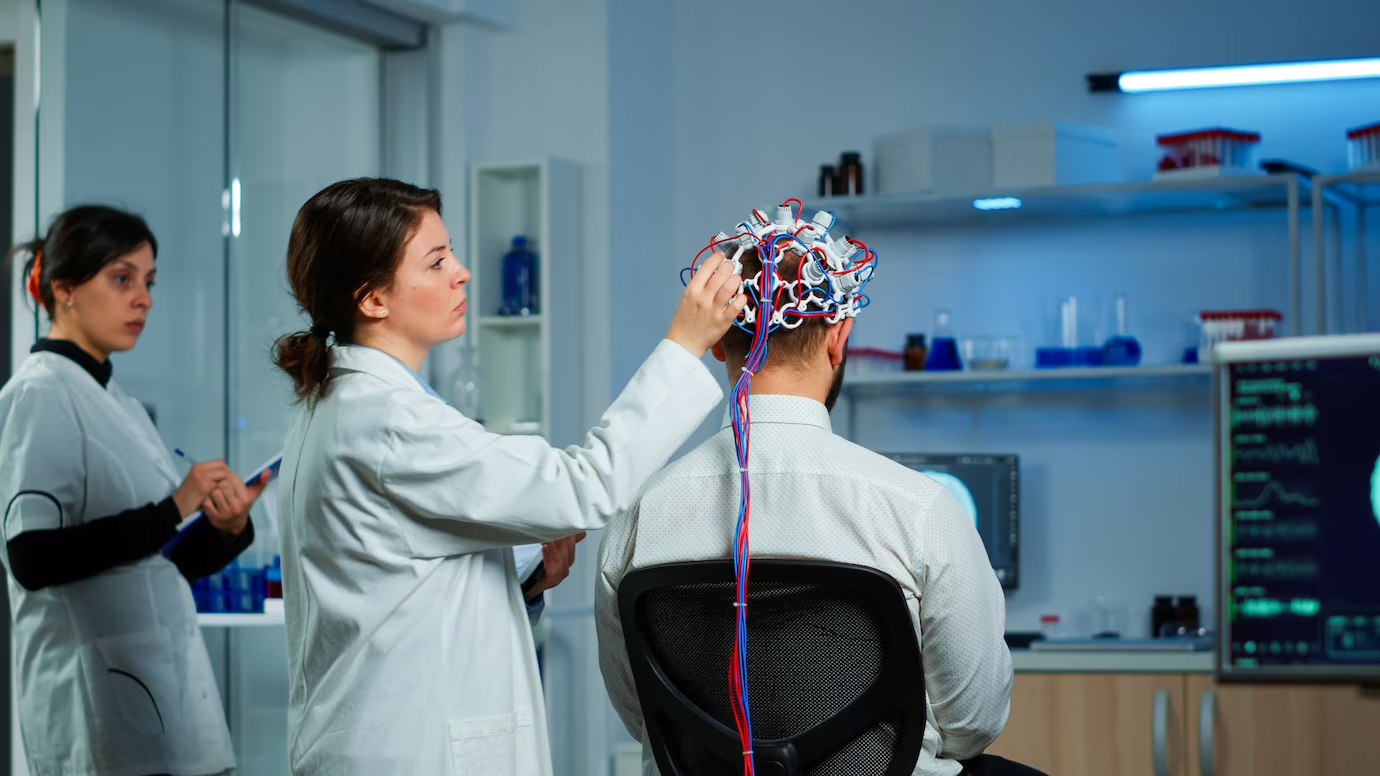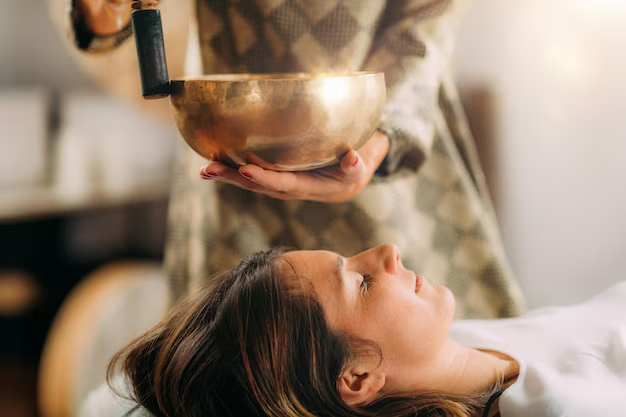Discover Your Perfect Healer Today!
Our online practitioner directory connects you with a wide range of healers to suit your unique needs.
Easily search and find the right professional to support your wellness journey.
Start exploring today to find your perfect match.
Modality
Disease
Books
Products
Events
Training
Blogs
Naturopathy
Blending Naturopathy with Conventional Medicine: A Comprehensive Guide
This integration of naturopathy with conventional medicine represents an emerging trend in health care and provides the patient with a more congruent practice that really ...
Read More → Written by
Michael Johnson
Neurofeedback-Biofeedback
Key Principles and Techniques of Neurofeedback & Biofeedback
Neurofeedback and biofeedback treatments are a class of therapies that aim at achieving voluntary control of some bodily functions without employing invasive techniques. The distinction ...
Read More → Written by
James Williams
Sound Therapy
Sound Therapy at Home: A Step-by-Step Guide
While sound therapy might be such a transformative practice, most people will wonder whether this is something they can effectively do at home. The good ...
Read More → Written by
David Brown
Sound Healing
Sound Healing: Who Can Benefit and How It Transforms Well-being?
Being the oldest healing practice known to date, it has flourished because it gives people a form of relaxation, stress relief, and emotional healing, many ...
Read More → Written by
Michael Johnson
Physical Therapy
The History of Physical Therapy: Evolution and Milestones
The history of physical therapy is as old as several thousand years, stemming from ancient methods of healing to a modern medical discipline. It has ...
Read More → Written by
David Brown
Occupational Therapist
Global Perspectives: How Occupational Therapy is Practiced Worldwide
Occupational therapy is one of the most precious services in healthcare even in the African context although its methods and approaches vary from one region ...
Read More → Written by
James Williams






